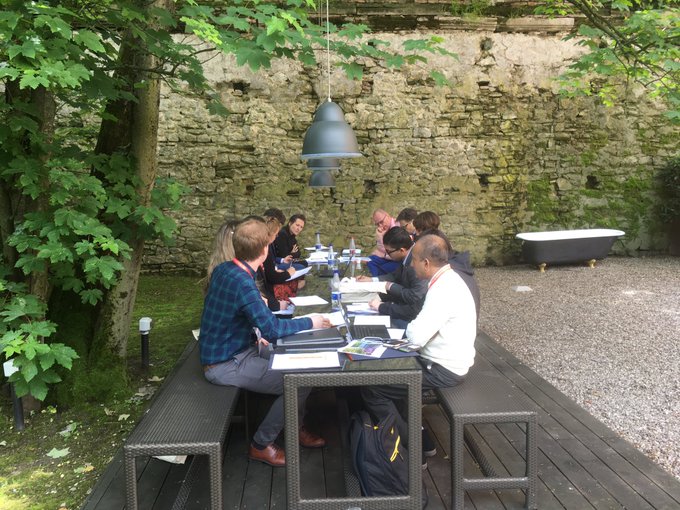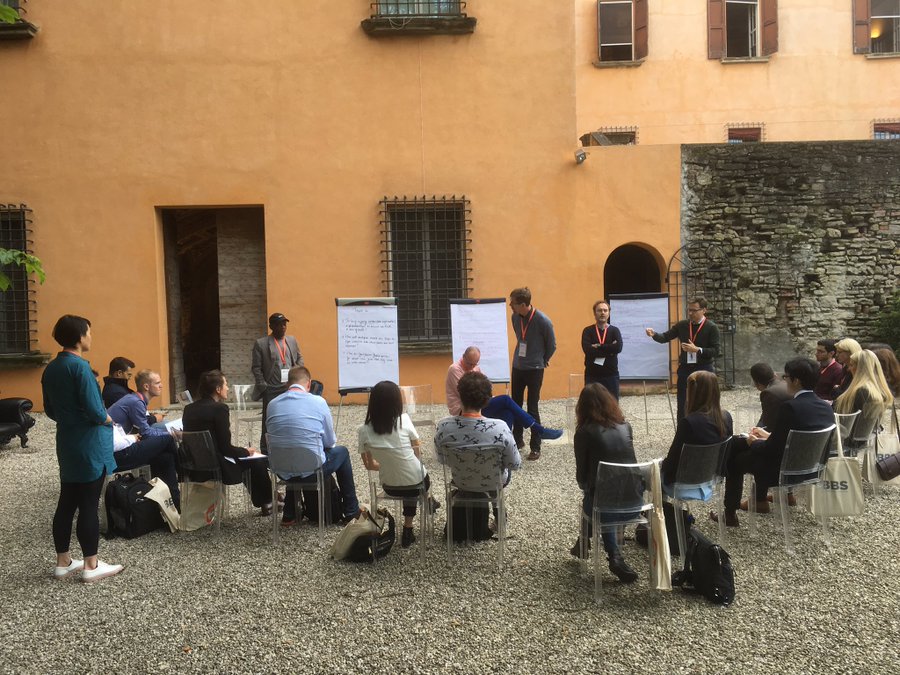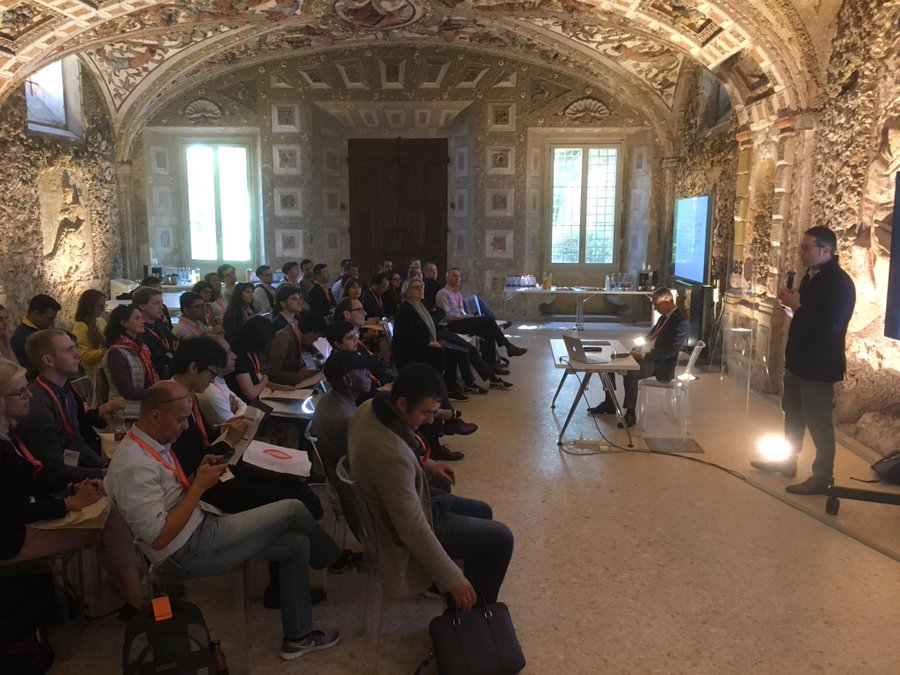A couple of months back I had the pleasure of attending a provocative seminar by Prof Ulla Hytti from Turku School of Economics. She is also a visiting professor at the Division of Innovation and Entrepreneurship, Nord University Business School.
The topic of her talk is the title of this blog post! Isn’t that provocative enough?
Entrepreneurship is now being taught in more Universities, colleges and schools than ever before. Entrepreneurship education has clearly transcended the boundaries of the business school. Some universities have now labelled themselves as ‘entrepreneurial universities’. Entrepreneurship and entrepreneurship education are truly becoming ubiquitous. This is both encouraging and worrying!
Prof Hytti cautioned us that it was probably the right time to pause and reflect – on the question – ‘Why more entrepreneurship education is not necessarily better?’. Having been an entrepreneurship educator for over a decade, I could not agree more to her reasons for why we should pause and reflect:
- entrepreneurship is positioned as a panacea to all social and economic challenges
- every course wants to be ‘entrepreneurial’ in some way
- most entrepreneurship courses look similar (content and pedagogy)
- everyone wants to be ‘entrepreneurial’ (from Universities to corporations)
- everyone wants to be an entrepreneurship educator
Without complaining, Prof Hytti gave us enough reasons as to why it was good to reflect when things are apparently good for the field. She also highlighted the benefits of such critical reflections. The discussions post her presentation went on for a long time and ranged from issues of how much contextualization is right for entrepreneurship courses, how to balance reflection and action in entrepreneurship education and approaches required for bringing reflection in entrepreneurship education, especially after action-oriented modules.
I have often heard people say, there is little to research in entrepreneurship education. I used to doubt it, but after yesterday’s reflection, I completely disagree. There are a number of things about entrepreneurship education that we don’t understand well enough. Following an ‘ideal’ curriculum and an ‘ideal’ pedagogy is only aggravating the challenges looming under the surface of entrepreneurship education.
I left the seminar wondering if it was time to start some new research projects on entrepreneurship education. Do you have questions on entrepreneurship education that have perplexed you? Here is my first one: How can we teach entrepreneurial failure? How can we enable students experience and learn from failure?
Do share your top questions in the comments section below. We can probably create a list of unanswered research questions in entrepreneurship education.





